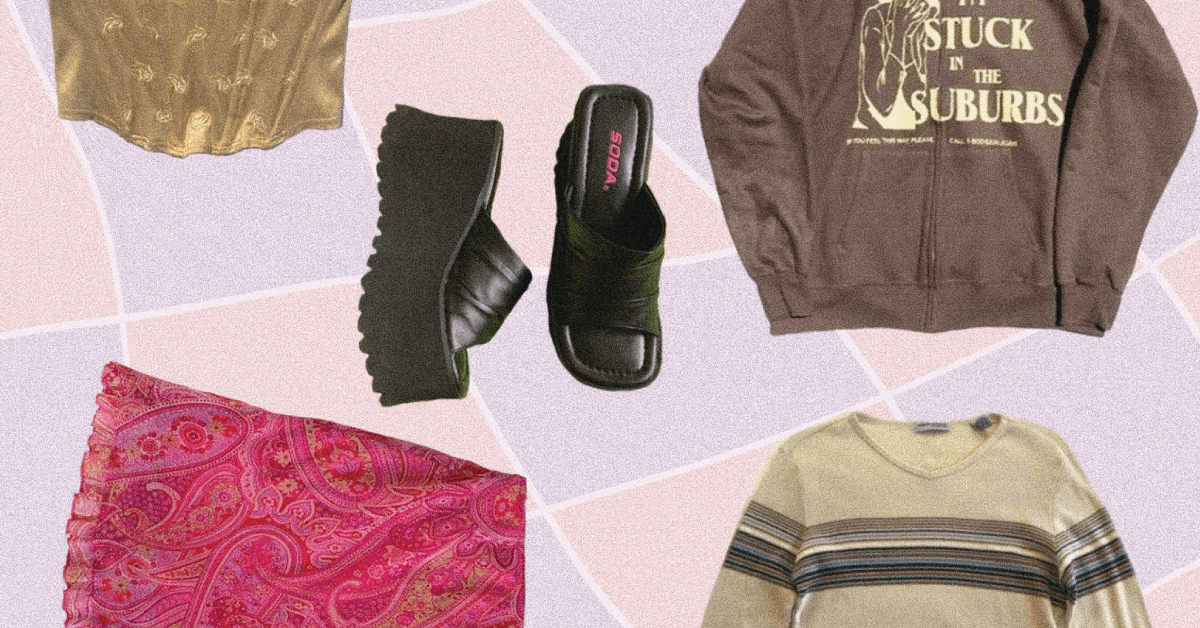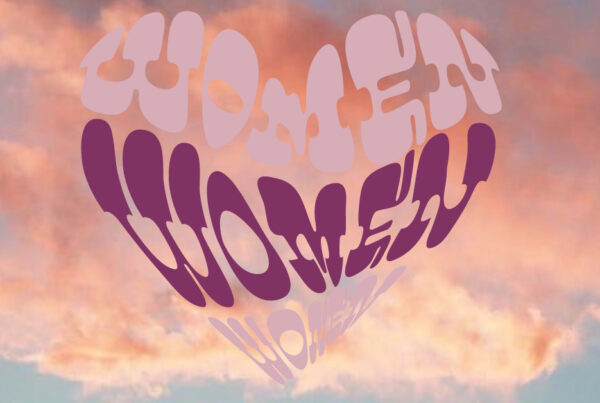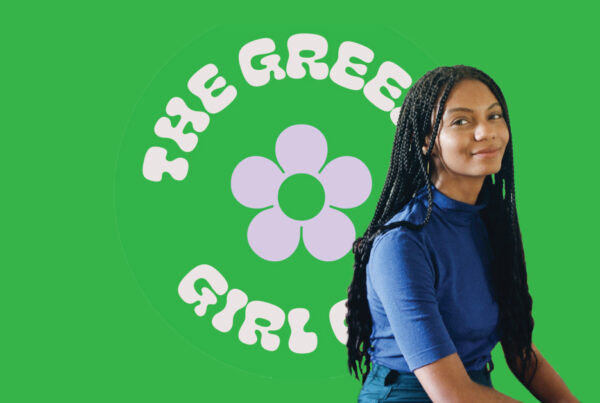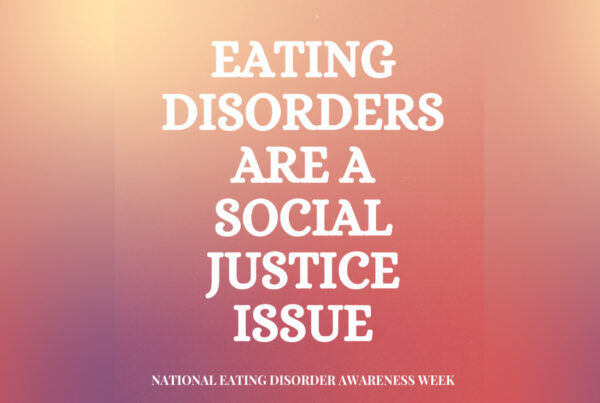The Broke Girls Guide to Fast Fashion and Slow Fashion
We have never been as obsessed with buying things as we are today. Nothing shows this more than the fashion industry. We are always looking for something new to try, buy, and experience. Marketing companies are constantly shoving new products down our throats. Chain stores like Target, H&M, Urban Outfitters, and everything in between have entirely new collections every week, enticing us to keep buying. This is incredibly problematic, and not just for our wallets.
What is Fast Fashion?
If a business uses offshore manufacturing and is equipped to supply unlimited fashion choices and new styles at an incredible speed, it is likely a part of the fast fashion industry. The majority of our favorite, most well-known corporate brands fall into this bracket. Due to ever-growing demand and consumerism, fast fashion has become mainstream.
Why Does it Matter?
The fast fashion industry is one of the biggest contributors to modern-day slavery. Most major companies rely on sweatshops for cheap or unpaid labor so they can sell their items at a competitive cost and churn out cheap versions of the latest trends at record speed.
The fast fashion industry is also a major polluter. Corporations use cheap dyes, materials, and chemicals to produce their products, which has a big impact on our planet. Fast fashion alone is responsible for 10% of all carbon emissions and is the second-largest consumer of water in the world.
The fast fashion industry isn’t just wasteful throughout production. The impact of their waste trickles down to us, the consumers. Thanks to huge production runs and constantly changing styles, we often buy or own more clothes than we need. Most people end up tossing unused or barely worn clothing, and we rarely repair damaged clothing anymore. This has become a problem for the environment, with 85% of all textiles ending up in landfills every year.
What is Slow Fashion?
The concept of slow fashion (i.e. sustainable and ethical fashion) developed in response to fast fashion. Slow fashion looks at tackling the consequences of fast fashion in a sustainable and holistic way. This starts by acknowledging that companies are overproducing, we are overconsuming, and fast fashion has environmental and social consequences. Adapting a slow fashion lifestyle means consuming less, looking at quality over quantity, and supporting ethical and sustainable brands as much as possible.
Ethical and sustainable companies are transparent about their sourcing, their wages, and their materials. These companies often give back to the environment in some way. For example, many slow fashion brands use recycled or eco-friendly materials and consciously manufacture their products in a way that least harms the environment and uses as few resources as possible. Any true slow fashion brand does not engage in slave or child labor, and if they do produce their products in factories, they use trusted, fair-paying factories with ethical business practices.
How to Make Ethical Fashion Choices When You’re Broke:
When we choose to support slow fashion brands, we are essentially voting with our dollar. We are supporting businesses that have chosen to do good and disrupt the largely unethical fashion industry. We also get to support awesome small businesses instead of big corporations. Who doesn’t love doing that?
Well, the most common reason I hear for supporting fast fashion brands is that slow fashion is too expensive. This is super valid. Choosing sustainable clothing options usually comes with a hefty price tag — but it doesn’t have to!
Slow fashion doesn’t always mean purchasing brand new products or paying designer prices for sustainable brands. There are ways to adopt a slow fashion lifestyle without spending a fortune, such as:
- Buying used versus new: Thrift whenever possible. Donate and/or recycle your used clothing. Organize a clothing exchange party with your friends. And take advantage of platforms like thredUP to both buy and sell quality pieces online.
- Challenging your consumerism: Do you really need to go shopping? Do you really need to buy that? If we can refrain from buying unnecessary things, we can make a big difference.
- Investing in quality over quantity: Take care of your clothing pieces and they’ll last you a lifetime. Repair and redesign worn items instead of throwing them away.
- Researching affordable slow fashion brands: Support slow fashion brands that are affordable, like the ones listed below. There are so many truly affordable and cute options. Eventually, you won’t need to rely on any fast fashion brands.
Awesome Brands Making Slow Fashion Accessible and Affordable:
Fair trade and organic clothing with basics, intimates, and some fun pieces.
Sustainable, vegan, fair trade clothing with tons of cute and fashionable options.
Stylish and sustainable activewear and loungewear. Plus they use the most ethical factories!
Sustainable denim with inclusive sizing. They do come at a slightly higher price point but compared to most quality denim brands, they are very affordable.
Ethically and sustainably made. With every purchase you make, they plant 10 trees!
Super fun, bold prints made from sustainable fabric that helps the planet.
Ethical, eco-friendly, high-quality running shoes and activewear. Toss out your Nikes!
Recycled, super stylish, sustainably made swimwear. Women-owned and made in Mexico.
We had to include ourselves! Shop Outspoken’s ethically sourced sweatshirts made from sustainable Egyptian cotton.
Call To Action
- Spread awareness for fast fashion and slow fashion.
- Follow bloggers like Sustainably Chic and @zerowastecutie to stay up to date and discover more incredible brands to support.
- Demand more of your favorite brands. Don’t support them if they are engaging in fast fashion — and let them know it!
- Create and sign petitions to advocate for more transparency and fair wages in the fashion industry.
- Stay informed and speak up against labor and human trafficking.

–Alicia Briggs, Content Creator






